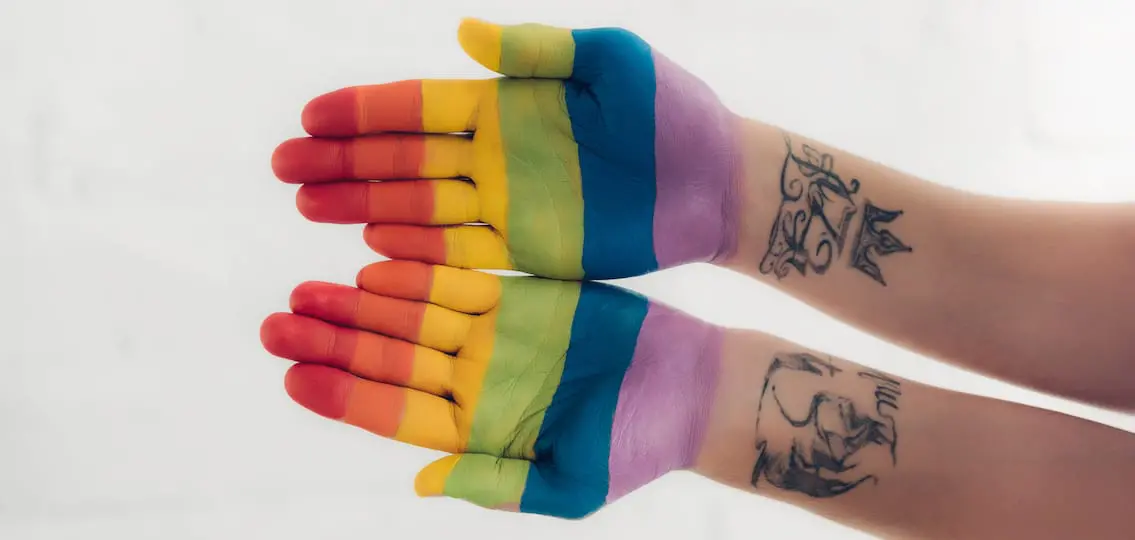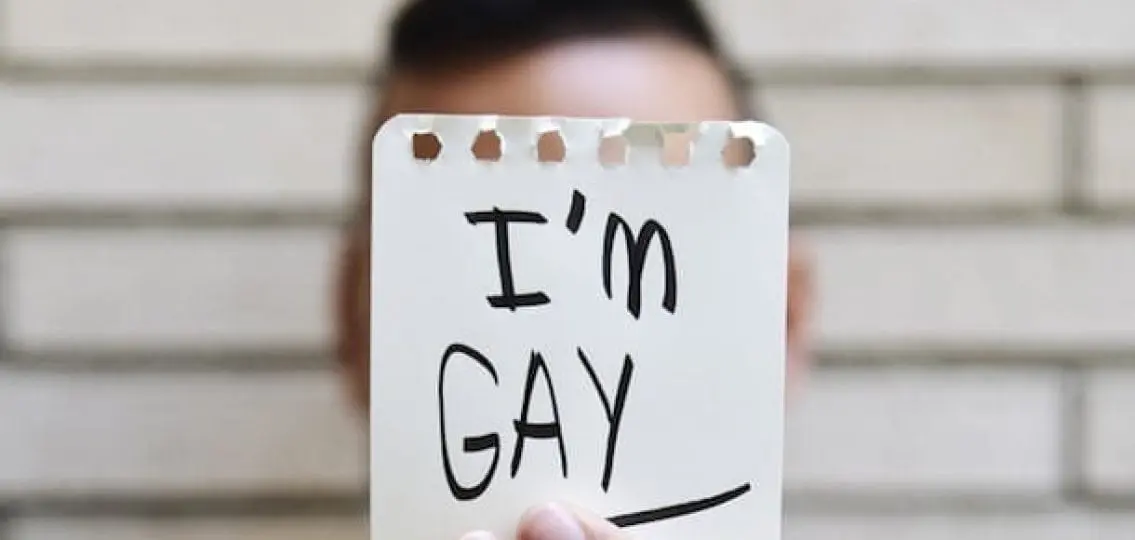Dear Your Teen:
I am the father of a gay teenage son. His mother and I are divorced, and I am standing by him 120 percent. She is not. Instead she’s choosing to reject our gay son. She tried to take his truck and everything, but I would not let her. What do I do?

EXPERT | Matthew Rouse, PhD, MSW
First, I want this father to feel confident in the fact that he’s doing the right thing by supporting his son. It is the job of parents to provide a nurturing environment. This allows teens to explore their identities and become more independent and competent so they can safely navigate their lives. It’s good to accept your child for who they are.
Standing by his son as he comes into his own identity will ensure that lines of communication stay open between this father and his teen. This is of the utmost importance. When teens feel rejected or shamed for their identities or behaviors, they’re more likely to ‘go underground’ with their activities. They may lie to parents about friends, where they’ve been, etc.
By supporting his son, he’ll be able to make sure that the teen explores his sexual identity in safe and age-appropriate ways. Plus, that open communication will likely extend to other areas of his life. For example, he may come to his father for advice about many things.
It’s also wonderful to see that more and more fathers are accepting of their sons who identify as LGBTQ because it hasn’t always been the case. Some fathers may feel that they’ve somehow failed in the job of teaching their sons about ‘becoming a man.’ However, standing up for his gay son can be an act that is simultaneously brave and compassionate.
This father and others like him are helping redefine manhood and fatherhood for a generation of teen boys.
It’s time we added qualities like acceptance of difference and empathy into what is expected of and modeled for our young men.
Finally, without knowing the specifics of this situation, I would encourage this father to talk to his ex.
Ways to Encourage Your Ex to Accept Your Son:
1. Preserve the relationship between your son and his mother.
It may be tempting to condemn the mother’s actions in front of his son. However, doing so could risk creating an ‘us vs. her’ dynamic. It’s possible to be supportive of his son without damaging the mother-son relationship.
However, if the homophobic mother’s treatment of her son is abusive or demeaning, protecting the teen takes priority.
2. Advocate for your teen.
In the absence of abusive behavior, the father may be able to capitalize on his co-parenting relationship with the mother and advocate on behalf of the teen. He can try to take a collaborative approach with the mother. Try to focus on what is best for the teen and his development going forward. If that goes well, the father may be the best person to try to mediate some kind of reconciliation between the two of them.

If the mother isn’t ready to have those kinds of conversations, it’s okay to wait. She’ll likely come around if she decides that a relationship with her son is more important that her objections to his identity. In the meantime, the most important thing the father can do is continue to be a source of love, support, and acceptance for his son.




